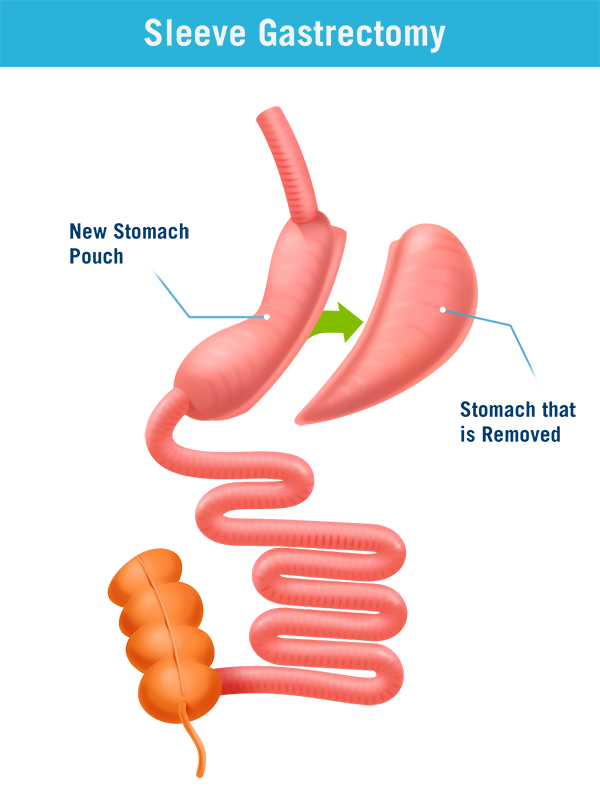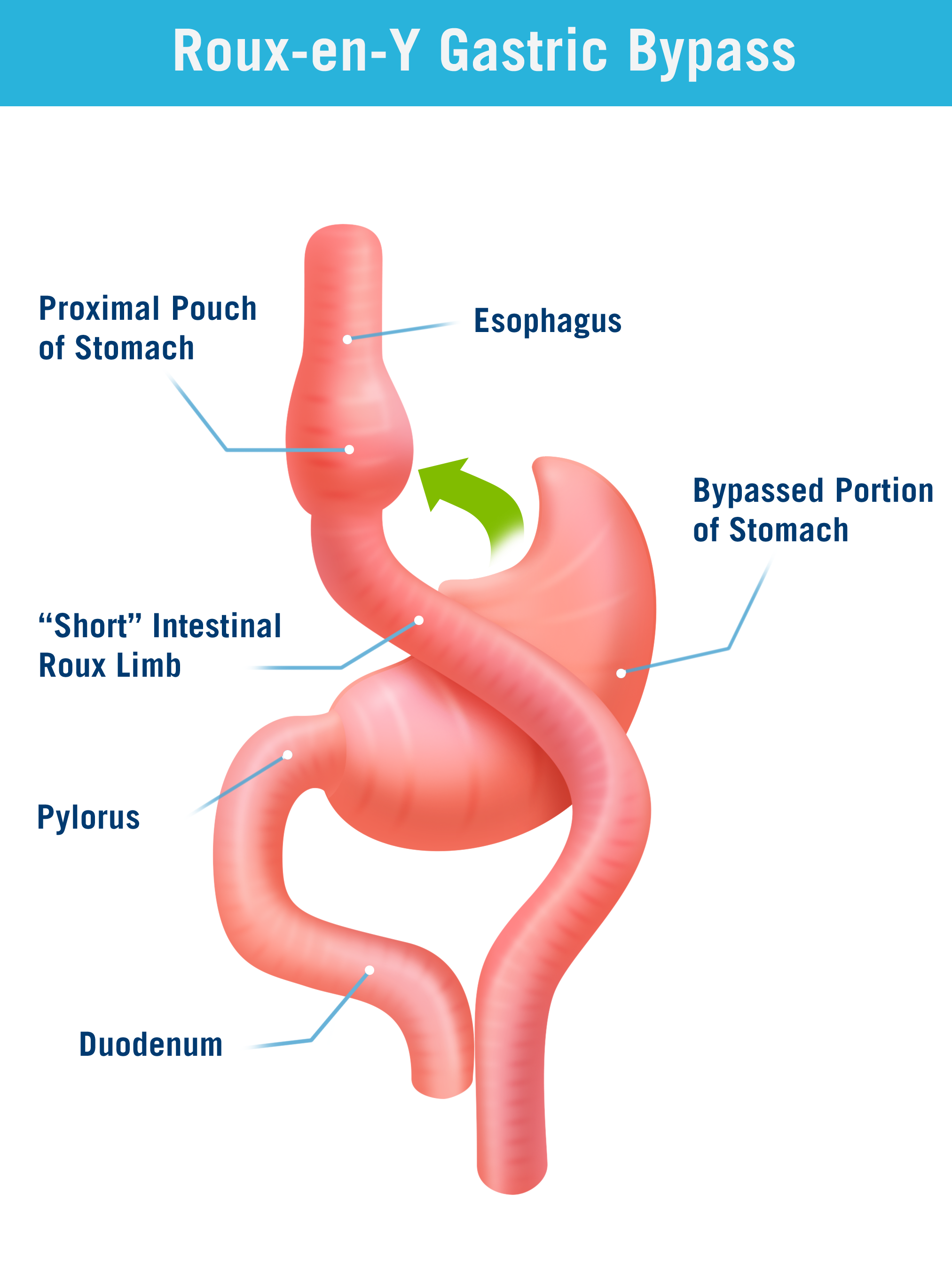One of the newest minimally invasive techniques available to weight-loss patients, laparoscopic sleeve gastrectomy is particularly well-suited for those at the highest risk for surgery, either because of their medical history or their weight. Under certain conditions, it is also offered as a first-step, lower-risk bridge to other bariatric operations. The procedure involves removing 80 percent of the stomach, leaving only a tube or "sleeve" of stomach behind. This restricts the amount of food that a patient can eat, and often leads to significant weight loss, in addition to also changing hormone production related to hunger.
-
Services
Featured Specialties
-
Locations
Location Type
-
Patients & Visitors
Patients
- Yale New Haven Health
- Bridgeport Hospital
- Yale New Haven Children's Hospital
- Greenwich Hospital
- Lawrence + Memorial Hospital
- Yale New Haven Psychiatric Hospital
- Smilow Cancer Hospital
- Yale New Haven Health Urgent Care
- Westerly Hospital
- Yale New Haven Hospital
- Clinical Affiliates
- Northeast Medical Group






.ashx)

